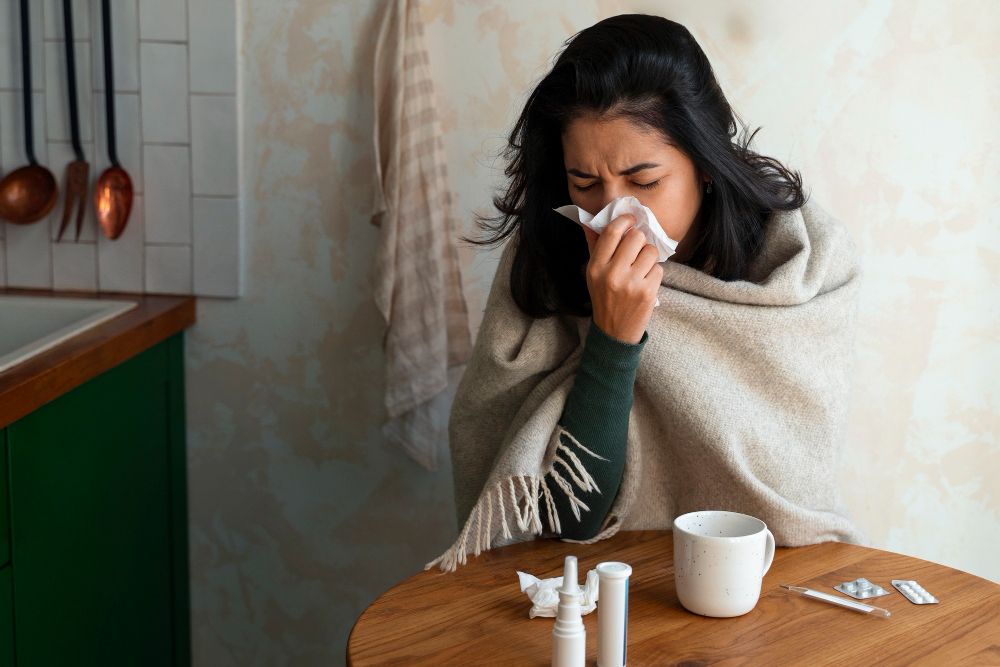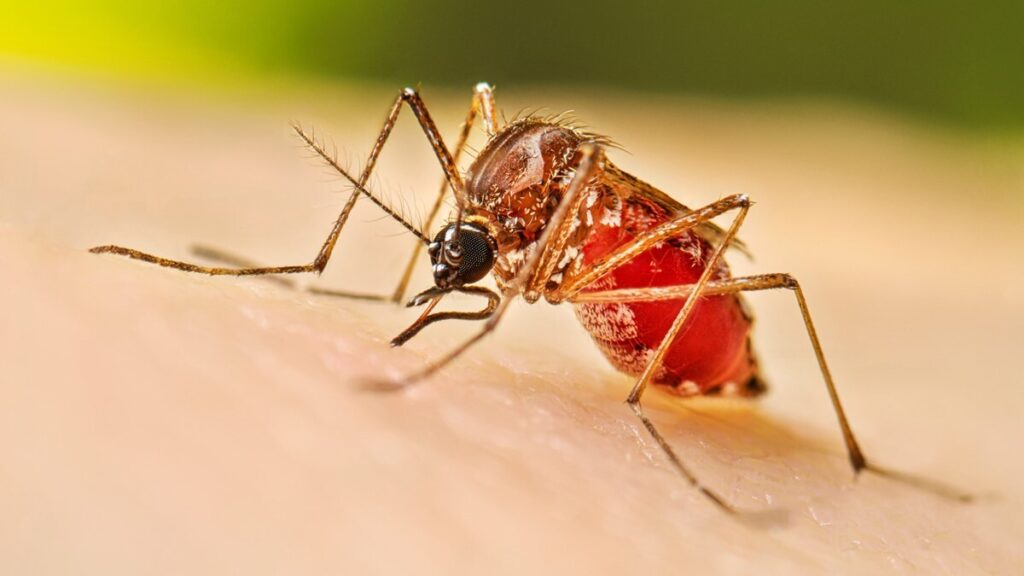Dengue Symptoms and Prevention
Dengue cases rise during the rainy season when stagnant water forms ideal breeding sites for Aedes Aegypti mosquitoes. These mosquitoes transmit the dengue virus through their bites, leading to a severe infection that can impact crucial organs such as the kidneys, liver, lungs, and heart if not treated.
The World Health Organization (WHO) states that dengue affects between 100 million and 400 million individuals globally each year, with approximately 21,000 fatalities. In India, 2024 recorded 233,519 cases and 297 deaths, as reported by the National Center for Vector Borne Disease Control.
While these figures are alarming, dengue can be prevented through proper knowledge and precautions. Dr. S.G. Harish from Sparsh Hospital in Bengaluru highlights that being aware of dengue’s symptoms and implementing preventive measures can significantly safeguard families against this potentially deadly disease. The key to combating dengue is early identification and effective prevention strategies.

This is a serious viral illness caused by the dengue virus (DENV), which spreads through the bite of a female Aedes aegypti mosquito. These mosquitoes are primarily active during the daytime, especially in the morning and evening.
How does dengue spread?
When an Aedes mosquito bites a person infected with dengue, the virus enters the mosquito’s body. Later, if the same mosquito bites a healthy individual, the virus transfers to that person, leading to dengue infection.
There are four distinct types of dengue viruses: DENV-1, DENV-2, DENV-3, and DENV-4. All four are different serotypes belonging to the same virus family.
When a person contracts dengue from any of these types, their immune system develops resistance against that specific type of virus. However, this immunity is not entirely effective against the other types. Consequently, if a person is re-infected with a different strain, the likelihood of developing severe dengue or Dengue Hemorrhagic Fever (DHF) escalates, which can be life-threatening.
Why does the likelihood of dengue rise during the monsoon?
During this season, the rapid increase in dengue cases occurs as water accumulates in coolers, water tanks, flowerpots, old tires, and roofs, creating suitable conditions for Aedes mosquitoes to breed.

What do dengue-carrying mosquitoes look like?
Dengue-carrying mosquitoes can be recognized by the black and white stripes on their body and legs. These mosquitoes are small but quick, and their wings are transparent, making them incapable of flying at high altitudes. This characteristic means they are typically found closer to the ground or in low-lying areas.
What are the symptoms of dengue?
Dengue symptoms usually manifest 4 to 10 days after infection. These symptoms vary based on the individual’s immunity and the severity of the infection. Many people may initially overlook these symptoms, assuming they are experiencing a common viral fever, which can later escalate into a serious condition. Please refer to the graphic provided below to understand the primary symptoms of dengue.
Which tests are conducted to diagnose dengue?
Doctors typically perform blood tests to confirm dengue infection. An NS1 antigen test is conducted within the initial 5 days of infection to confirm the presence of the dengue virus.
If fever persists beyond 5 days, IgM and IgG antibody tests are recommended. These tests indicate how the virus has impacted the body’s immune system. Furthermore, a CBC (Complete Blood Count) test offers insights into platelet count and other vital blood parameters, which aid in assessing the severity of dengue.
Does dengue spread between people through touch or respiratory droplets?
No, dengue does not transmit directly from one individual to another through touch, breathing, or cohabitation. It solely spreads through the bite of an Aedes mosquito.
Is it common for platelet counts to consistently drop in dengue cases? No, platelets do not always have to decrease in dengue infections. In mild instances, the platelet count may remain normal. However, in many situations, the dengue virus can affect the immune system, leading to a reduction in platelet count.





